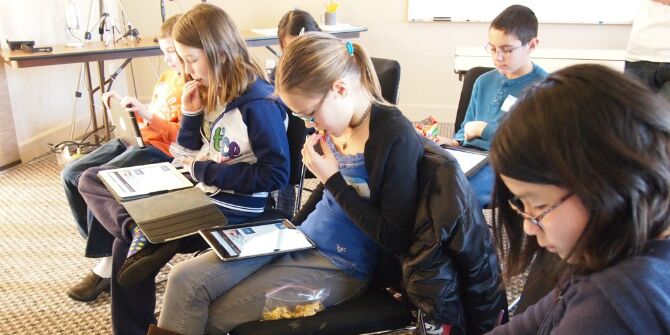In a world saturated with information, it can be difficult to separate fact from fiction. Fake news is everywhere, spreading like wildfire on media literacy courses and influencing public opinion. But fear not! By arming yourself with media literacy courses, you can learn how to spot fake news and take control of your own narrative. Join us as we explore the power of media literacy in today’s digital age and discover how you can empower yourself with the tools to navigate the ever-changing landscape of news and information.
What is Media Literacy Training?
Media literacy training is a type of educational program that aims to equip individuals with the necessary skills and knowledge to critically analyze and evaluate media messages. This includes various forms of media such as television, social media, news articles, advertisements, and more. In today’s digital age where information can be easily accessed and shared online, it has become increasingly important for individuals to have a strong understanding of media literacy.
Key Skills and Strategies Taught in Media Literacy Courses
Media literacy courses are becoming increasingly important in today’s digital age. With the rise of social media and the constant influx of information, it has become crucial for individuals to possess the skills and strategies needed to navigate through this vast sea of media content. In this section, we will delve into some key skills and strategies that are typically taught in media literacy courses.
1. Critical Thinking:
One of the fundamental skills taught in media literacy courses is critical thinking. This involves analyzing information from various sources and evaluating its credibility, bias, and potential motives behind its creation. By honing their critical thinking abilities, individuals can better discern between factual news and fake news.
2. Source Evaluation:
Another essential skill taught in media literacy courses is source evaluation. This involves determining the reliability and trustworthiness of a source before using it as a basis for forming opinions or sharing information. Students learn how to cross-check facts with multiple sources and identify any biases or agendas that may influence the content.
3. Media Literacy Tools:
In addition to critical thinking and source evaluation, media literacy courses also teach students about various tools that can aid them in navigating through the digital world effectively. These tools include fact-checking websites such as Snopes or Politifact, which help verify information before sharing it with others.
4. Understanding Media Bias:
With so many sources of information available at our fingertips, it has become essential for individuals to understand media bias – intentional or unintentional – when consuming news content. Media literacy courses equip students with the knowledge they need to recognize different types of bias, whether it be political, cultural, or commercial.
Media literacy courses empower individuals with the necessary skills and strategies to navigate through the vast landscape of media content effectively. These skills not only help in identifying fake news but also aid in developing critical thinking abilities and promoting responsible consumption of media. By enrolling in a media literacy course, you can equip yourself with the tools needed to make informed decisions and avoid falling prey to false information.
Conclusion:
In today’s fast-paced and ever-changing media landscape, it is crucial for individuals to have a strong understanding of media literacy. Media literacy is not just about consuming information but also critically analyzing and evaluating it. In this digital age, where the spread of fake news and misinformation is rampant, media literacy has become an essential skill for everyone.
By taking media literacy training, you empower yourself with the necessary tools to spot fake news and misinformation. These courses teach you how to evaluate sources, identify bias, and fact-check information before sharing or acting on it. By developing these skills, you can protect yourself from falling victim to false narratives and manipulation.



















